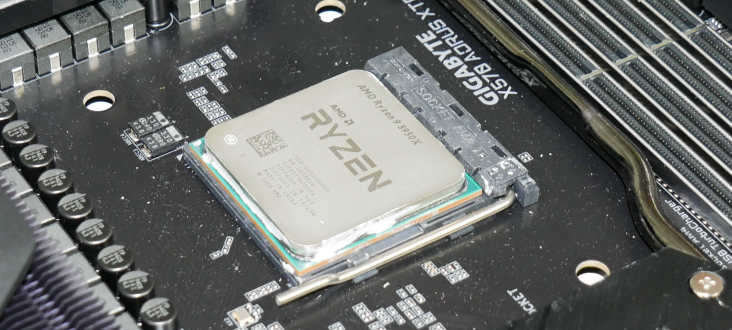and intel will STILL use more power over all then amd. this is FACT. pretty much EVERY review states this. you seem to be the ONLY one that keeps trying to say other wise by cherry picking a graph, or phrase in a review to try to convince people other wise. i guess this is why you didnt reply to my post
here, as i proved you wrong.
and again, toms own review
here says this about the 11700k :
Against
- Price
- No bundled cooler
- No PCIe 4.0 from PCH
- Power Consumption
- Runs hot
- No TVB or Adaptive Boost Tech
page 3 reiterates this in the graphs on the page, and says this : " Bear in mind that faster compute times, and lower task energy requirements, are ideal. That means processors that fall the closest to the bottom left corner of the chart are best. That distinction still belongs to Ryzen. "
so where you get this false info about intel uses less, or the same power as ryzen, who knows, but, obviously, you are getting the wrong info from some where, as you go against what seems to be the majority of reviews state.
until alder lake is out and reviewed, how it performs, and its power usage, is still a big question mark.






